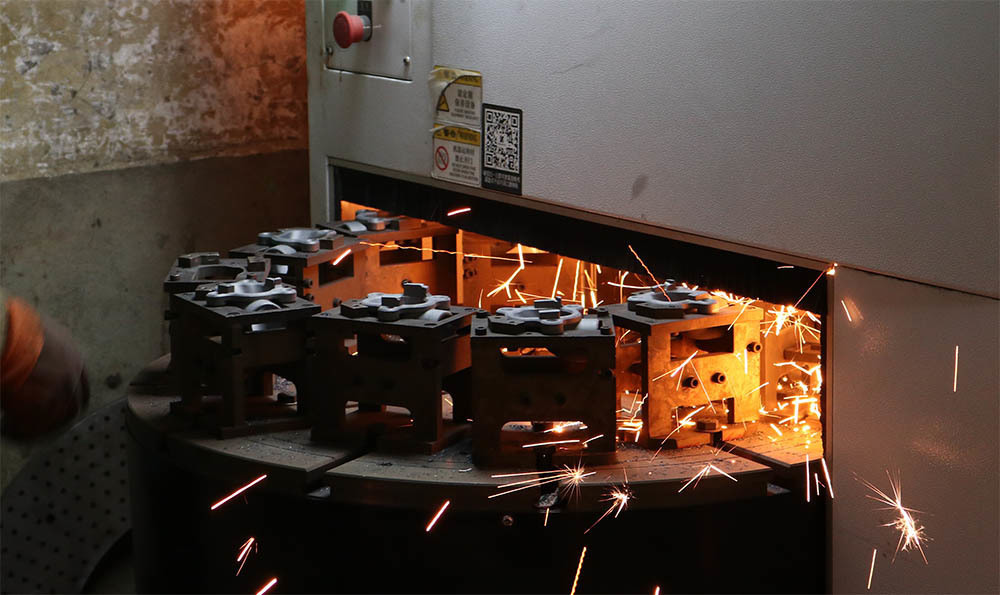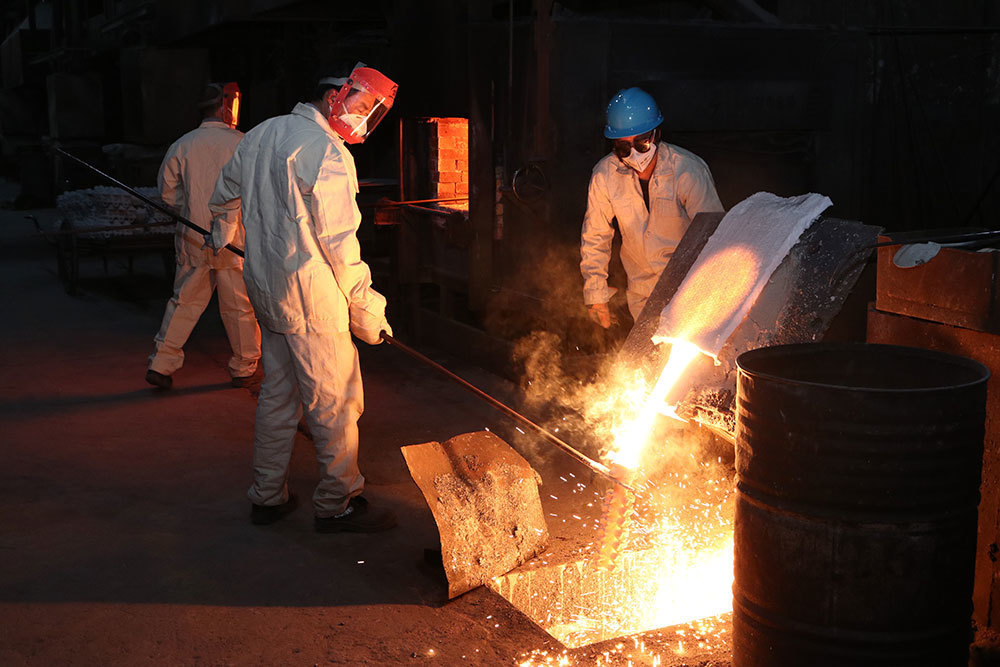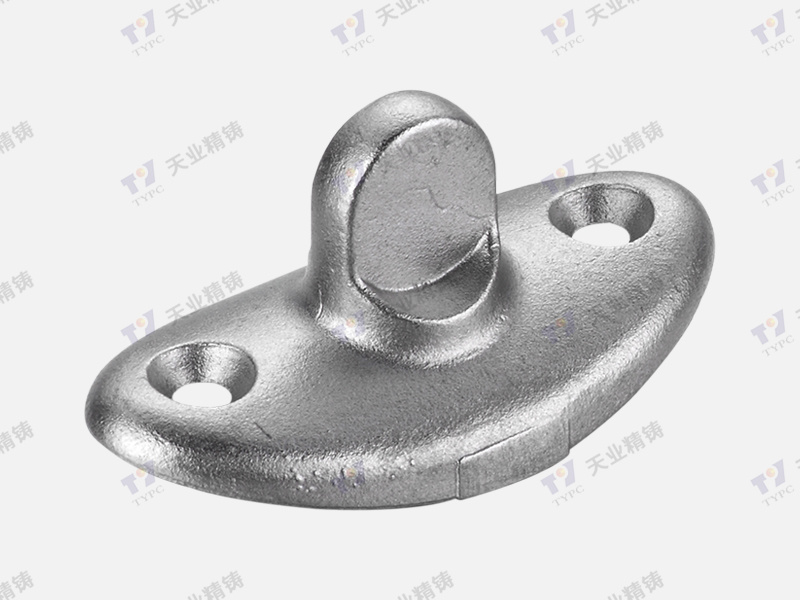2025-06-01
Understanding the Importance of Stainless Steel Valve Pipe Parts in Industrial Applications
Stainless steel valve pipe parts play a vital role in the functionality and efficiency of industrial systems. These components are integral to controlling the flow of fluids and gases, ensuring that operations run smoothly and safely. The choice of materials, particularly stainless steel, is crucial due to its numerous advantages over other metals.
One of the most notable properties of stainless steel is its exceptional corrosion resistance. This characteristic is particularly important in environments where moisture, chemicals, or high temperatures may be present. Stainless steel valve pipe parts can withstand harsh conditions without compromising their structural integrity, which reduces maintenance costs and extends the lifespan of the components.
Another significant advantage of stainless steel is its strength and durability. Valve pipe parts made from stainless steel can handle high pressure and temperature variations, making them suitable for a wide range of applications, from oil and gas industries to food processing and pharmaceuticals. This robustness means that stainless steel components can maintain performance under extreme conditions, ensuring that systems remain operational and efficient.
In addition to their mechanical properties, stainless steel valve pipe parts are also easy to clean and sterilize, which is essential in industries that require high levels of hygiene, such as food and beverage or medical fields. The smooth surface of stainless steel minimizes the risk of contamination, making it a preferred choice for sanitary applications.
Moreover, stainless steel valve pipe parts contribute to sustainability in industrial processes. Stainless steel is 100% recyclable, making it an environmentally friendly option. By using these materials, companies can reduce their carbon footprint while still achieving high performance and durability.
Standard stainless steel grades such as 304 and 316 are commonly used in valve pipe parts, each offering specific benefits depending on the application. For example, grade 316 stainless steel contains molybdenum, providing even greater corrosion resistance, which is ideal for marine and chemical environments.
In conclusion, the use of stainless steel valve pipe parts is essential for ensuring reliable and efficient operation in various industrial settings. Their corrosion resistance, strength, and ease of maintenance make them an optimal choice for numerous applications. Understanding the properties and benefits of these components allows professionals in the industrial sector to make informed decisions that enhance both performance and longevity in their systems.
One of the most notable properties of stainless steel is its exceptional corrosion resistance. This characteristic is particularly important in environments where moisture, chemicals, or high temperatures may be present. Stainless steel valve pipe parts can withstand harsh conditions without compromising their structural integrity, which reduces maintenance costs and extends the lifespan of the components.
Another significant advantage of stainless steel is its strength and durability. Valve pipe parts made from stainless steel can handle high pressure and temperature variations, making them suitable for a wide range of applications, from oil and gas industries to food processing and pharmaceuticals. This robustness means that stainless steel components can maintain performance under extreme conditions, ensuring that systems remain operational and efficient.
In addition to their mechanical properties, stainless steel valve pipe parts are also easy to clean and sterilize, which is essential in industries that require high levels of hygiene, such as food and beverage or medical fields. The smooth surface of stainless steel minimizes the risk of contamination, making it a preferred choice for sanitary applications.
Moreover, stainless steel valve pipe parts contribute to sustainability in industrial processes. Stainless steel is 100% recyclable, making it an environmentally friendly option. By using these materials, companies can reduce their carbon footprint while still achieving high performance and durability.
Standard stainless steel grades such as 304 and 316 are commonly used in valve pipe parts, each offering specific benefits depending on the application. For example, grade 316 stainless steel contains molybdenum, providing even greater corrosion resistance, which is ideal for marine and chemical environments.
In conclusion, the use of stainless steel valve pipe parts is essential for ensuring reliable and efficient operation in various industrial settings. Their corrosion resistance, strength, and ease of maintenance make them an optimal choice for numerous applications. Understanding the properties and benefits of these components allows professionals in the industrial sector to make informed decisions that enhance both performance and longevity in their systems.









